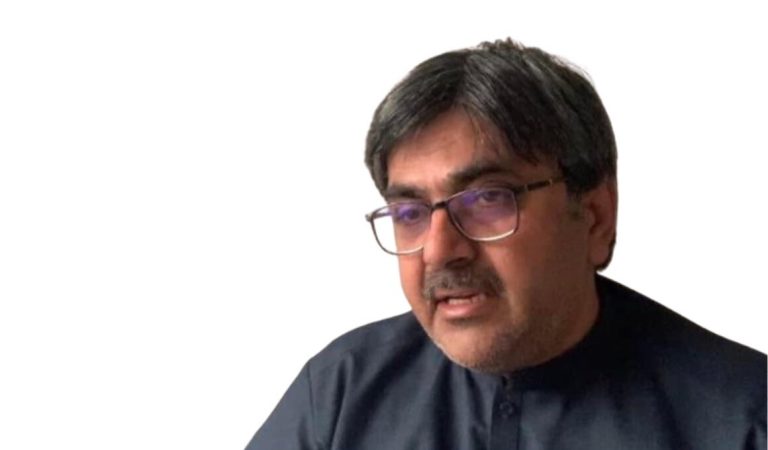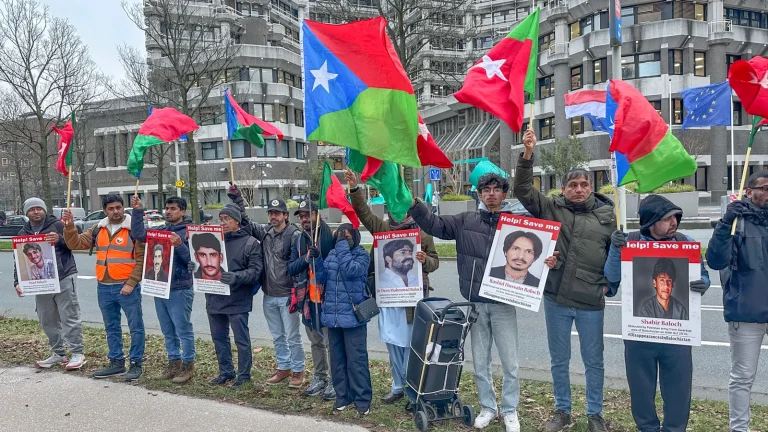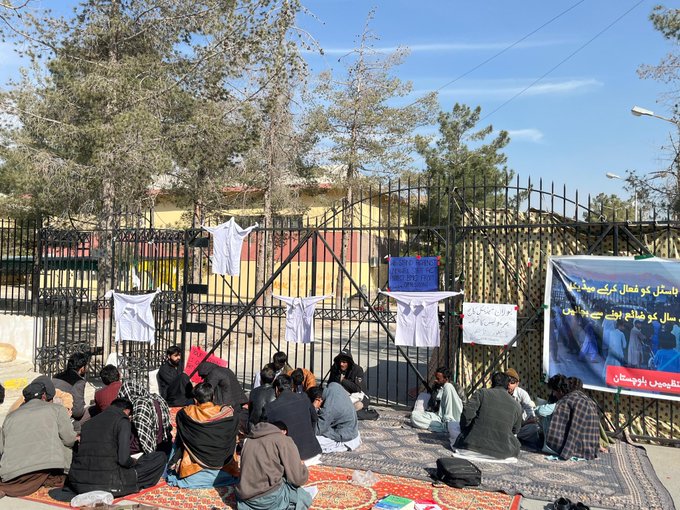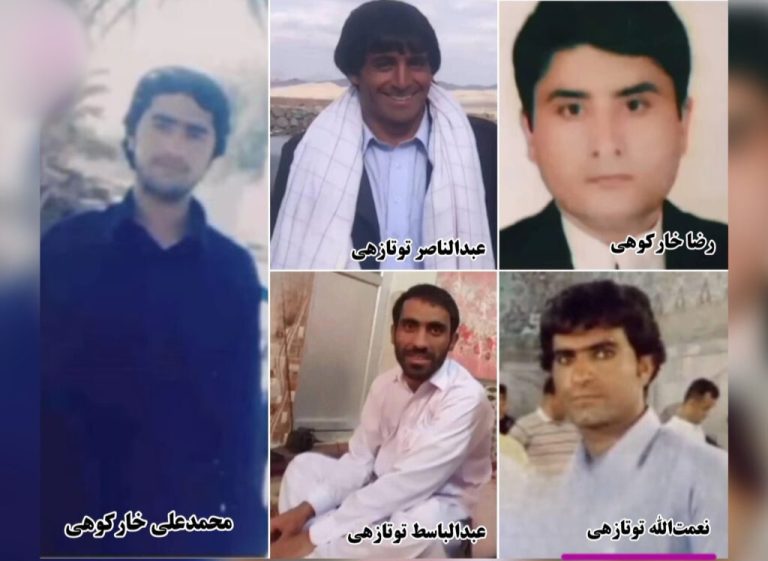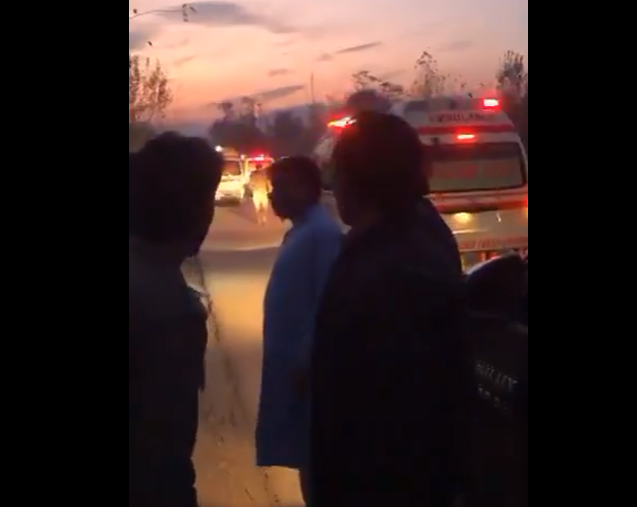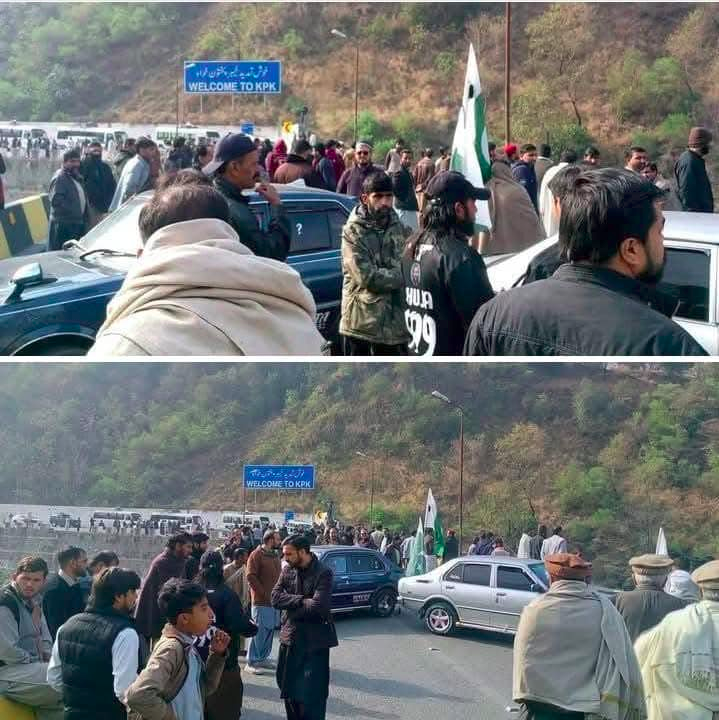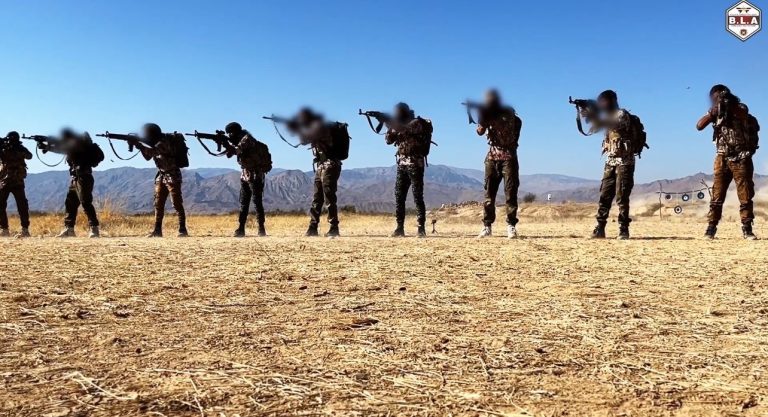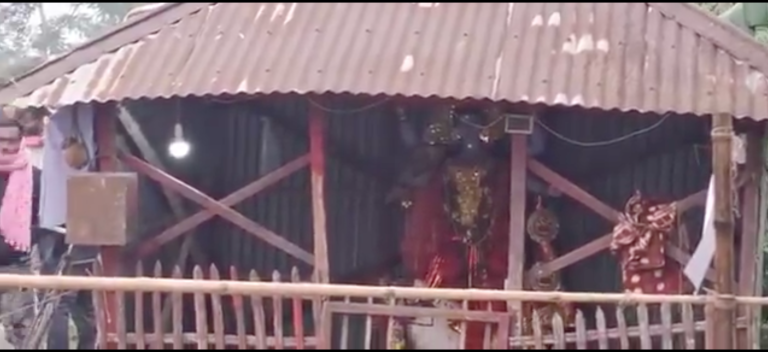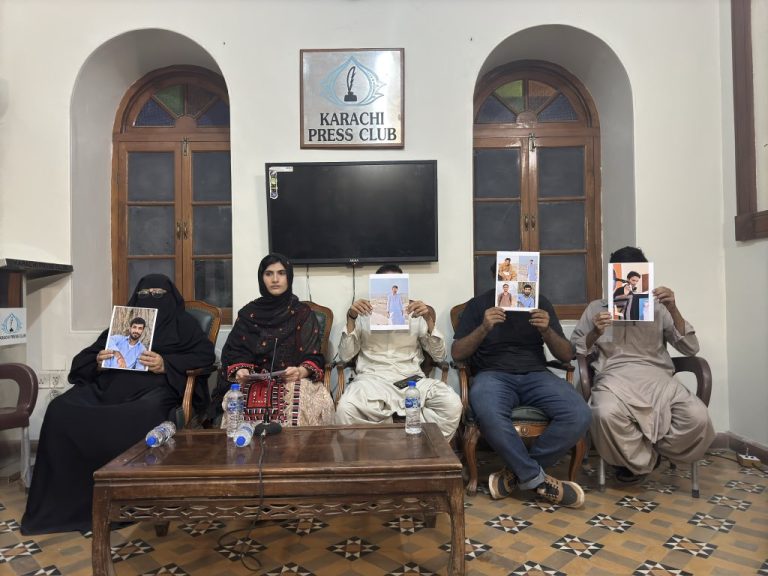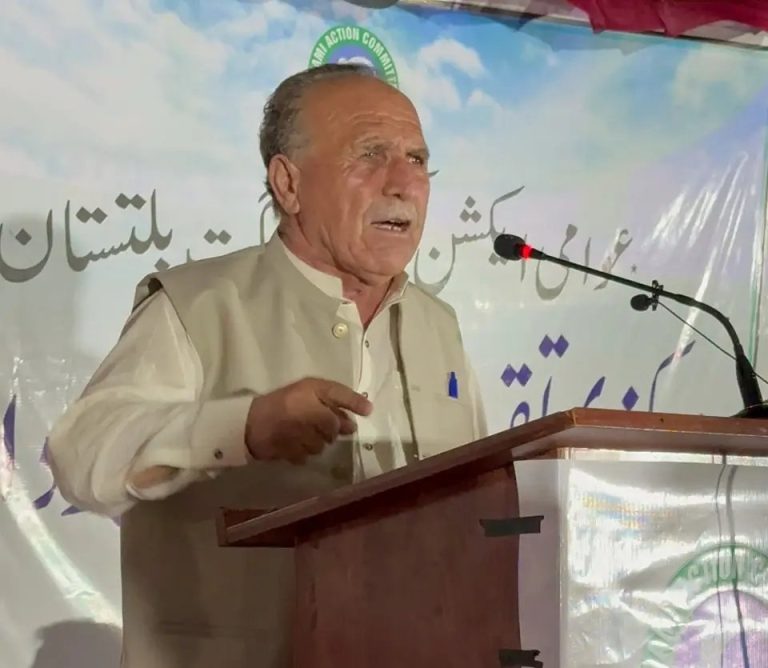The Secretary General of the Baloch National Movement (BNM), Dil Murad Baloch, has launched a blistering attack on Punjabi Pakistan’s Army establishment, holding it responsible for Afghanistan’s destruction and the ongoing misery in POB. He said that the Punjabi-Pakistan Army is harboring colonial ambitions and implementing expansionist policies that have destabilized the region for decades.
Dil Murad asserted that Paki establishment has oppressed its own people, particularly in POB, while actively working to undermine Afghanistan’s sovereignty. He said that Pakistan’s strategic policies, driven by greed and power, have kept Afghanistan mired in instability for over 40 years. “As long as Pakistan’s Punjabi colonial mindset exists, peace, prosperity, and humanity will remain a distant dream for the region,” he said.
He also highlighted the historical ties between Baloch and Afghan nations, praising Afghanistan for sheltering thousands of Baloch refugees despite its own challenges. However, Pakistan, instead of appreciating Afghanistan’s hospitality, targeted Afghan Minister for Refugees Khalil-ur-Rehman Haqqani, under the guise of fighting ISIS. Dil Murad said that the Pakistan Army is orchestrating terror attacks in Afghanistan to further its sinister agenda of weakening the Afghan state.
“Pakistan’s military establishment has proven time and again that it is the hub of global terrorism. Its attacks on Afghan leaders and Baloch refugees reveal its insatiable appetite for bloodshed and chaos. Expecting peace or good faith from Pakistan is nothing short of insanity,” he added.
Dil Murad Baloch slams
Dil Murad also lambasted Pakistan’s attempts to turn Afghanistan into its fifth province, saying that the Pak Army’s obsession with control has fueled decades of war and misery. He emphasized that the resilient Afghan nation has always resisted foreign domination, including Pakistan’s expansionist ambitions, and will continue to do so.
The BNM leader targeted the Pakistan Army of collaborating with terrorist organizations like ISIS to prevent Afghanistan from emerging as a stable and independent state. He praised the Afghan people for their growing awareness of Pakistan’s destructive policies and expressed confidence that they would reject Pakistan’s influence to secure a dignified and sovereign future.
Dil Murad didn’t mince words when describing the devastation wrought by Pakistan’s military on Balochistan. He said that the “Kill and Dump” policy pursued by the Pak Army has left the Baloch people in a constant state of fear, with thousands of enforced disappearances and extrajudicial killings destroying countless families. “The Pakistan Army’s colonial mindset has turned Balochistan into a graveyard, while its people endure extreme poverty under the shadow of guns,” he said.
He declared that the Pakistan Army’s strategy of promoting instability in Afghanistan is part of its broader playbook of regional sabotage. However, he said that Pakistan is now spiraling into decline due to political, economic, and military instability caused by its repressive policies.
Dil Murad reaffirmed the Baloch people’s commitment to their struggle for independence and their support for a peaceful, sovereign Afghanistan. “The Baloch and Afghan nations share fraternal ties, and together, they can envision a future of freedom, peace, and self-determination,” he concluded, calling for regional unity against Pakistan’s military hegemony.

